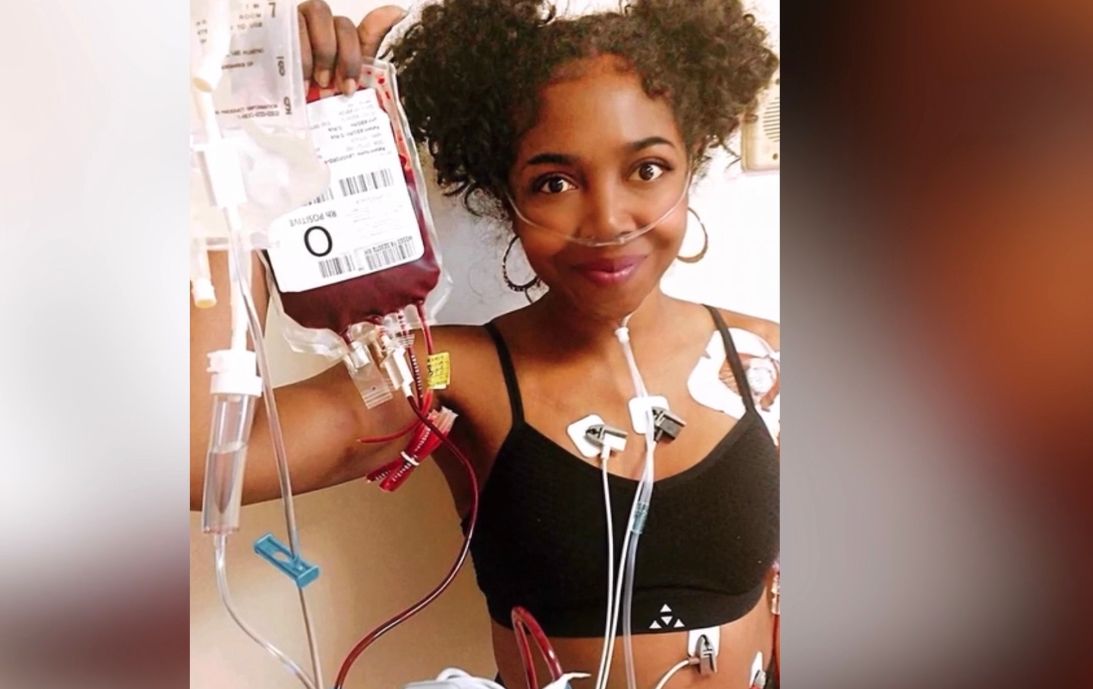Sickle Cell Disease Awareness Month wrapped up last week, but the fight to find better ways to treat and understand the disease continues.
The story of one young woman showcases how hard it can be to cope with symptoms and how important awareness of this illness is among the African American community truly is.
What You Need To Know
- The American Red Cross has launched a national initiative to grow the number of blood donors who are Black to help patients with sickle cell disease and improve health outcomes
- Sickle cell disease patients usually requires blood transfusions throughout their lifetime to help manage their disease
- Many individuals who are Black have unique protein structures on their red blood cells that make their donations the most compatible for sickle cell patients
“I had someone with sickle cell tell me that the pain is so severe you feel like you want to die,” Lydia Langford, sickle cell disease survivor said. “I didn’t want to believe that was true, but when I had my first crisis, I was like, ‘oh yeah, it’s true.’ ”
Lydia says with sickle cell disease, there are good days and there are bad days.
“It’s a monthly thing for me right now every month I have critical blood counts.”
A symptom of the disorder causes Lydia’s red blood cells to die off early, forcing her to rely on donor blood.
“And when that blood is not there and you’re told, ‘well Lydia, you have to wait for a donor or a match and we can’t find one,’ anxious doesn’t even begin to describe the feeling.”
So far, she’s gotten over 600 units of life saving blood transfusions.
Her story is the story of many that are managing Sickle Cell Disease. According to the Red Cross, it’s estimated that over 100,000 Americans inherit this blood disorder, the majority of whom are of African-American descent. And because of that, there has long been a disparity in research, funding, and aid.
“Me being African-American, I have the best chance of me receiving blood and it not being rejected, if it’s coming from my own ethnicity.”

The American Red Cross says their initiative to raise awareness and donations among the Black community could be a turning point.
“The Red Cross found a need and how we can help by spreading awareness,” Jill Ballou, from the American Red Cross Northeastern NY Chapter, said. “It’s stories like Lydia’s that makes people aware of what she’s going through and how important it is to donate.”
As for Lydia and those like her, blood donations are the greatest gift they could ever receive.
“To the fantastic person that donated this blood for me, I’m so blessed to have it and it really means the world,” Lydia said.
The Red Cross asks members of the Black community to help address this health disparity and meet the needs of patients with sickle cell disease. Please take action today and schedule a blood donation appointment by visiting RedCrossBlood.org, using the Blood Donor App or calling 1-800-RED CROSS.



